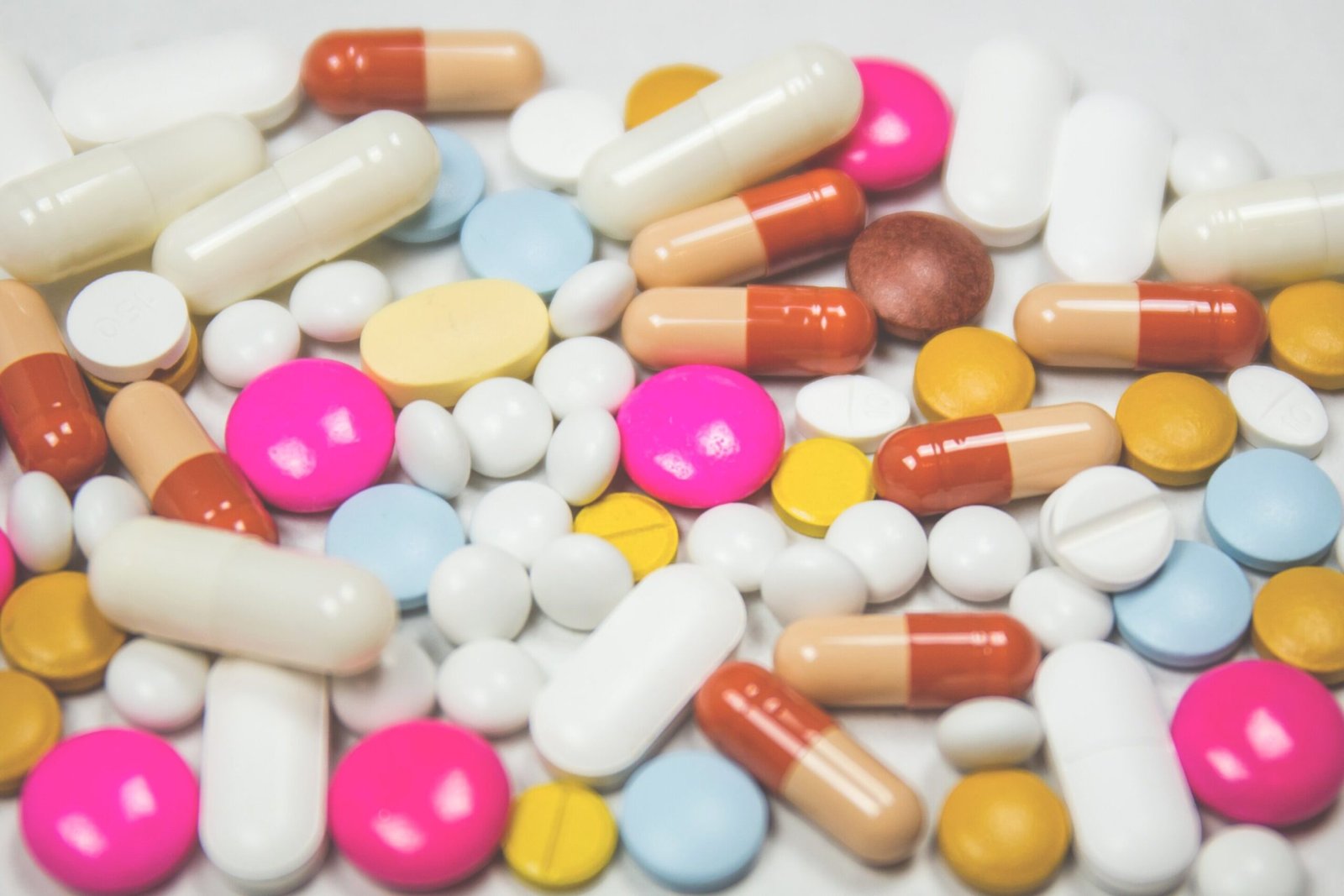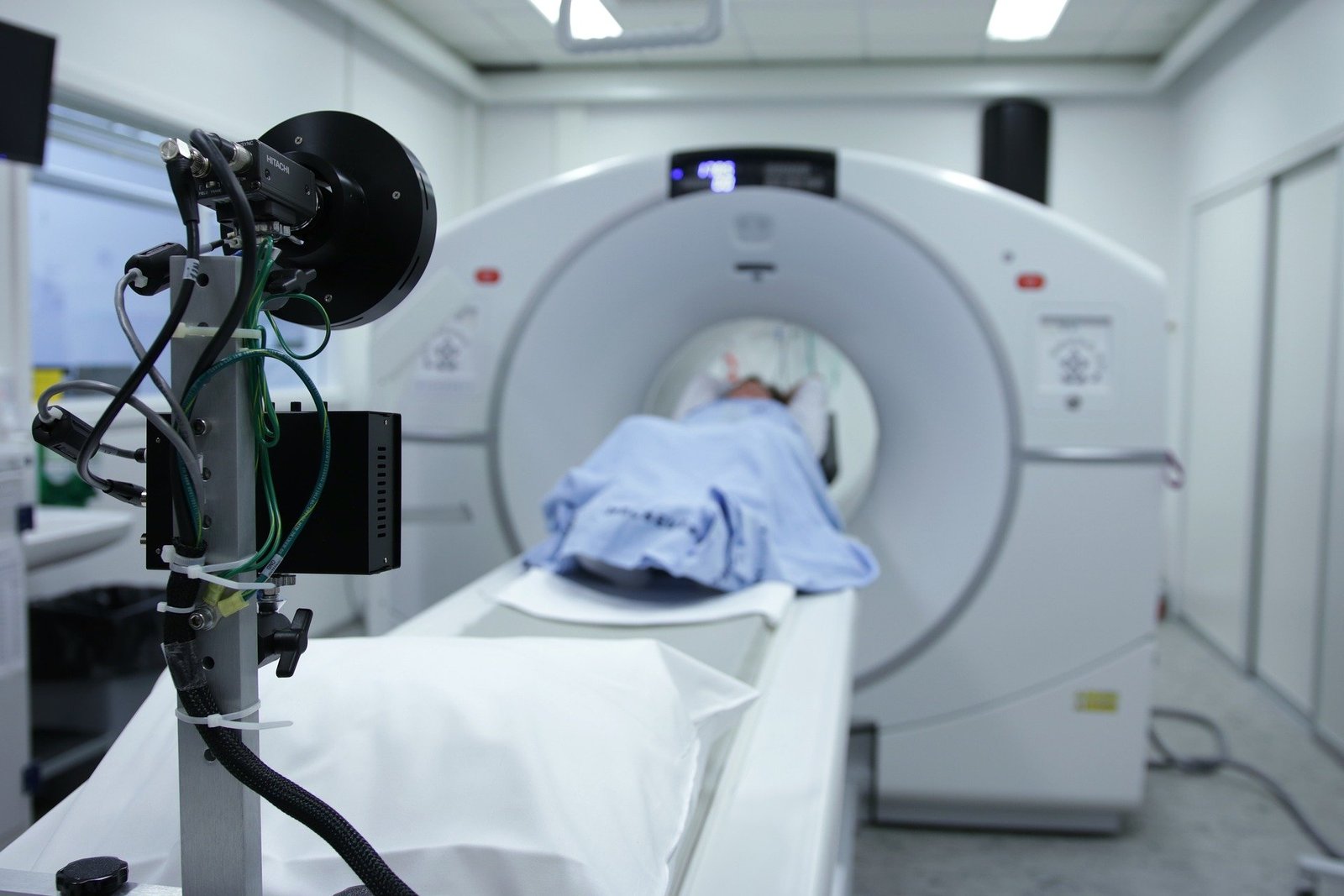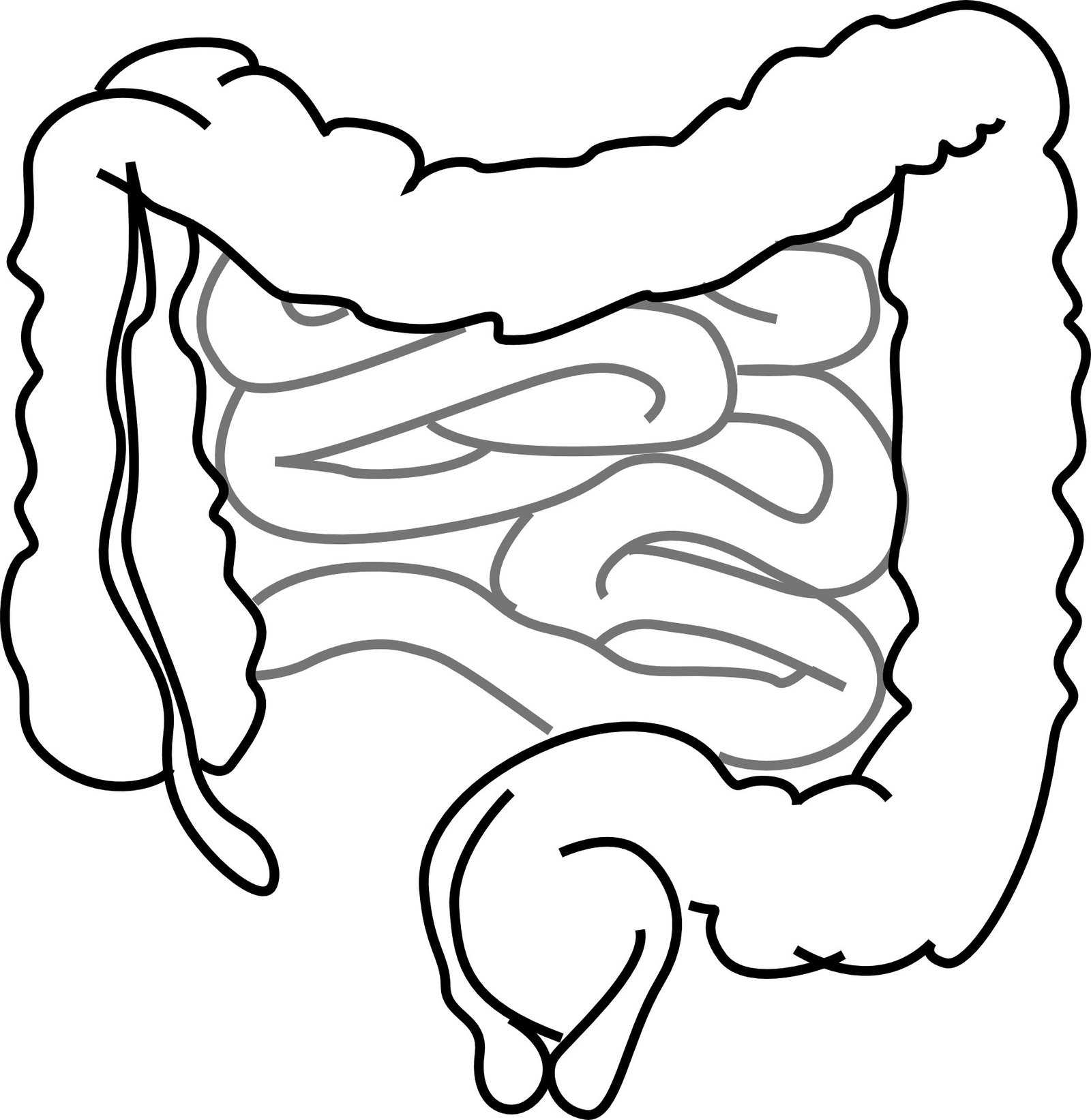Prostate cancer patients receiving care at hospitals that are part of a special drug-pricing program were more likely to stick to their prescription drug therapy than patients at other hospitals, according to a study from researchers at the University of Michigan’s Rogel Cancer Center and Institute for Healthcare Policy and Innovation.
The findings are published in the journal Cancer.
The 340B Drug Pricing Program is a federal program that requires the pharmaceutical industry to provide a discount on the cost of drugs to participating hospitals who serve a disproportionate number of Medicare and Medicaid patients. The program was started to enable hospitals to stretch scarce resources, reach more patients and provide more comprehensive services.

“In the field of advanced prostate cancer, there’s been a paradigm shift to using newer targeted oral treatments. But these drugs are expensive, and cost can limit access to these drugs, particularly among those who are socioeconomically disadvantaged. We wanted to see if the 340B program could help mitigate this disparity,” said study first author Kassem Faraj, M.D., a urologic oncology fellow at Michigan Medicine.
The team looked back at a 20% sample of Medicare beneficiaries diagnosed with advanced prostate cancer and assessed who was treated with these targeted therapies at a hospital-based program. They identified 2,237 men treated at 340B-participating hospitals and 1,100 treated at non-participating hospitals.
They then looked at the social vulnerability index, a measure developed by the U.S. Centers for Disease Control and Prevention that characterizes socioeconomic, racial and household characteristics at the community-level. They found that patients from areas with greater social vulnerability were less likely to use the oral drugs. There was no difference in use between 340B and non-340B hospitals.
However, patients receiving treatment at 340B hospitals were more likely to continue treatment. The researchers saw that in non-340B hospitals, as social vulnerability increased, adherence dropped. But in 340B hospitals, adherence remained flat regardless of social vulnerability.
“There are many reasons why adherence to these drugs can drop. We suspect that 340B hospitals potentially have some resources or mechanisms that are helping these vulnerable patients maintain adherence,” Faraj said. This could include medication management programs or financial help for out-of-pocket drug costs.
“While 340B participation didn’t increase the number of patients using this therapy, it was associated with better treatment adherence among patients from socially vulnerable areas,” Faraj said.
Additional authors include Samuel R. Kaufman, Mary Oerline, Lindsey Herrel, Avinash Maganty, Megan E.V. Caram, Vahakn B. Shahinian, Brent K. Hollenbeck.
More information:
Kassem S. Faraj et al, The 340B Program and oral specialty drugs for advanced prostate cancer, Cancer (2024). DOI: 10.1002/cncr.35262
Citation:
Drug-pricing program improves prostate cancer treatment adherence, finds study (2024, March 20)
retrieved 20 March 2024
from https://medicalxpress.com/news/2024-03-drug-pricing-prostate-cancer-treatment.html
This document is subject to copyright. Apart from any fair dealing for the purpose of private study or research, no
part may be reproduced without the written permission. The content is provided for information purposes only.










